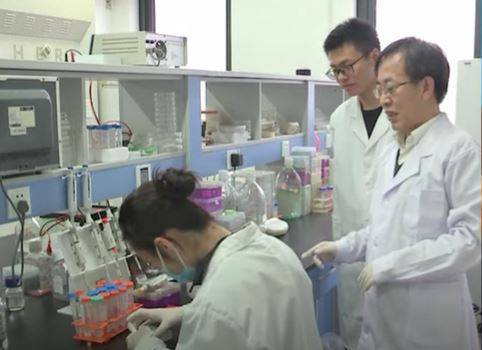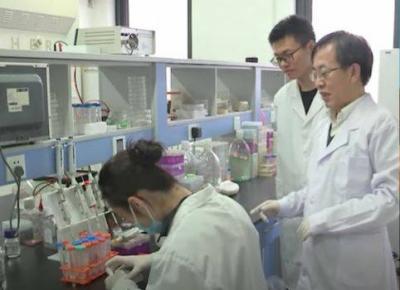Scientists have succeeded in converting the thoughts of a paralyzed man into written text, thanks to a brain implant system that "translates" his imagined handwriting into real text. A smart chip was implanted in the brain of a paralyzed man, enabling it to translate his thoughts into clear texts with an extremely high accuracy rate. The device is part of a collaborative research project called BrainGate, serving as a brain-computer interface (BCI), utilizing artificial intelligence (AI) to interpret neural activity signals generated during imagined handwriting.
The 65-year-old paralyzed man at the time of the research is unable to engage in actual writing, as his hand, along with all his limbs, has been paralyzed for several years. During the trials, he managed to achieve writing speeds of up to 90 characters per minute (or about 18 words per minute) with nearly 94% accuracy (and up to 99% with automatic correction). This rate is nearly equivalent to the typing speed of smartphone users in the man's age group, which is around 115 characters or 23 words per minute, according to the researchers.
The researchers note that the alphabet's letters are entirely different in shape, which allows AI to decode the user's intent quicker while drawing the letters. Despite the potential of this first-of-its-kind technology, the researchers assert that the current system is merely proof of concept, having been shown to work with only one participant, and therefore is certainly not a complete, clinically applicable product yet.
So, how does this brain implant manage to convert thoughts into text? Can these chips restore functions lost by the brain and treat conditions such as hearing and vision loss and paralysis? Is it possible to exchange thoughts through these smart chips at a glance without the need for messages? These questions were discussed during a recent episode of the #WhatsNew program with host #Ashraf_Shabab, featuring Dr. Haitham Higazi, a researcher in intelligent systems and data science at the Institute of Informatics and Systems Research at the University of Coimbra in Portugal. Full episode available for viewing.




